When Shade Isn’t Enough: Climate Change in the Forest Understory
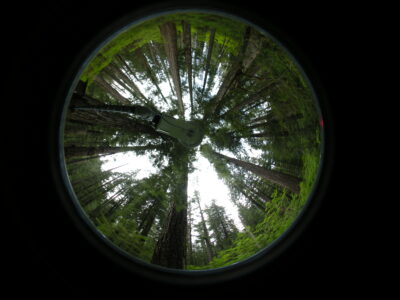
Once thought to be natural refuges, old-growth forests are warming faster than we imagined.

Once thought to be natural refuges, old-growth forests are warming faster than we imagined.
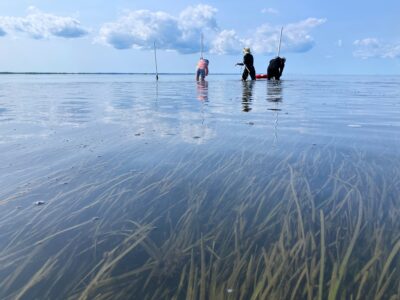
How much revenue can seagrass restoration generate from carbon credits? It depends, says a new paper from the VCR LTER.
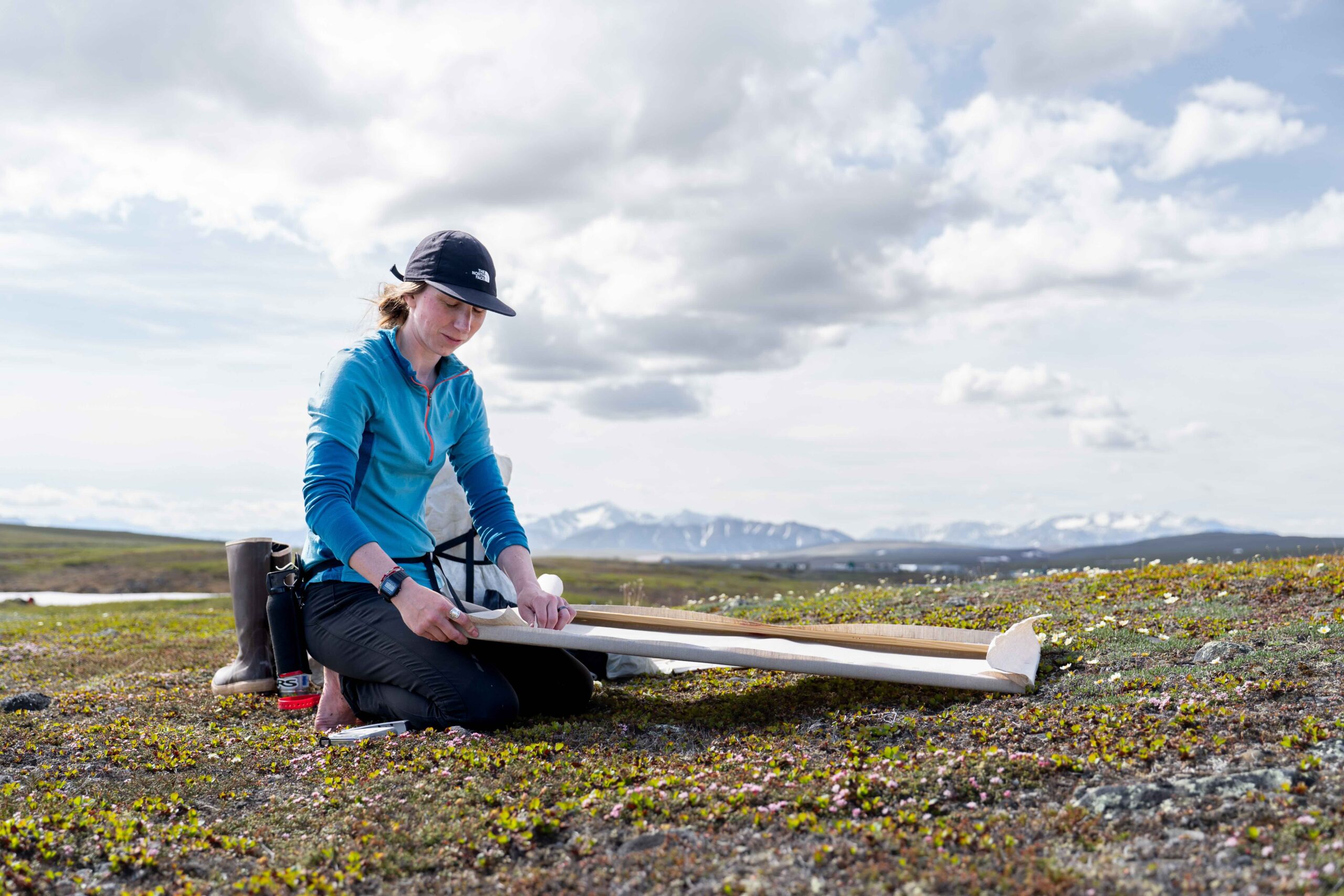
The In a Time of Change program at the Bonanza Creek LTER brings together artists and scientists to generate new ways of understanding nature.
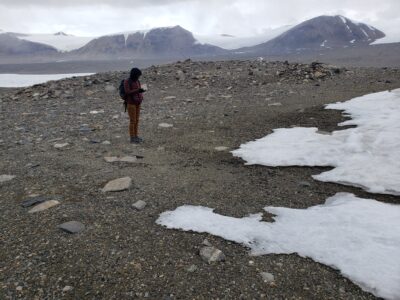
Remote sensing with field validation can accurately predict biocrust abundance in the Dry Valleys of Antarctica.
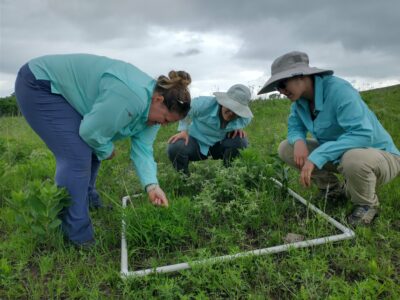
The CoRRE Working Group continues to develop new ways to study plant community change across the globe.
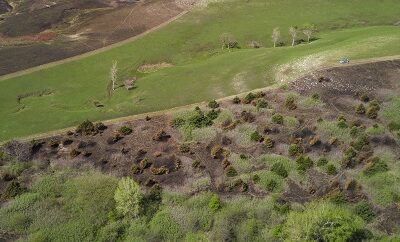
by Dante Capone, PhD Student at the Scripps Institute of Oceanography and the California Current Ecosystems LTER Invasion of woody shrubs into grasslands disrupts the water cycle, with cascading effects on the ecosystem and conservation. A Prairie Transformed: The Puzzle of Vanishing Water In the tallgrass prairie of Kansas’ Konza Prairie LTER, rain filters through… Read more »
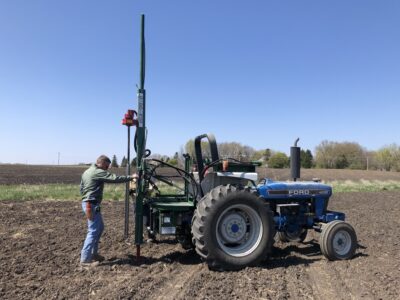
Strips of native prairie planted within agricultural monocrops are not an “ecological trap” for native pollinators, but also do not reduce the runoff of insecticides that may pose a threat.

The LTER Network has a strong presence at the 2024 American Geophysical Union Fall Meeting. See all the talks and posters here!

Now accepting applications for the 2024 cohort of LTER Graduate Writing Fellows.
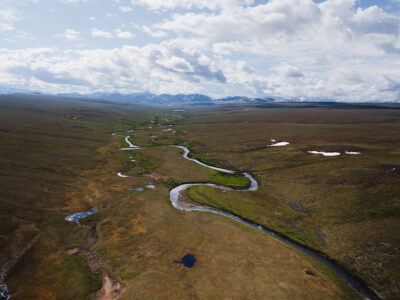
An experiment at treeline, one on the tundra, one in the Kuparuk. Each has provided researchers with valuable truths about how each Arctic system responds to change.